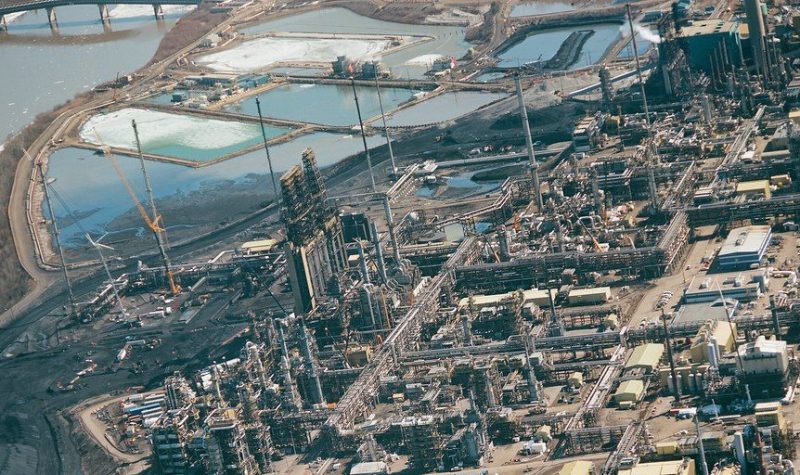Last Friday, the Government of Alberta announced an investment of $117 million to twin Highway 63 in between Mildred Lake and the Peter Lougheed Bridge, just north of Fort McMurray.
The project was initiated in response to the rapid and sustained growth of industrial activity north of Fort McMurray and an increase in traffic volumes. The highway in the region sees nearly 11,000 vehicles everyday go through the area, including both commercial drivers and commuters.
Kevin Weidlich, President and CEO of Fort McMurray Economic Development, spoke at a press conference along Highway 63, saying that "[the twinning of] Highway 63 will definitely improve quality of life for the residents of Fort McMurray, and especially for the oilsands workers."
"It improves the quality of life for all residents within the region, specifically for the residents of Fort Chipewyan. When the Winter Road is open, the twinning of this highway will reduce commute times, and increase safety for the residents of Fort Chip when they come to Fort McMurray, and for Fort McMurray residents to go to Fort Chip," Weidlich added.
The announcement comes just a day after the province announced a collaboration with Loon River First Nation, Peerless Trout First Nation, and Bigstone Cree Nation to extend Highway 686 from Peerless Lake to Fort McMurray, connecting the Wood Buffalo region to northwestern Alberta.
"These two major transportation infrastructure investments really demonstrate the Fort McMurray-Wood Buffalo's economy is incredibly important to the province and the country, and the province is genuinely committed," Weidlich said.
Devin Dreeshen, Minister of Transportation and Economic Corridors, also spoke at the conference, showing his appreciation for the region.
"It's truly the economic engine of not just Alberta, but of Canada. That's why this investment is so important," Dreeshen said.
Preliminary work, such as clearing land for the project, will begin this fall and construction will begin in spring 2024.
Listen to the full CFWE audio below:


